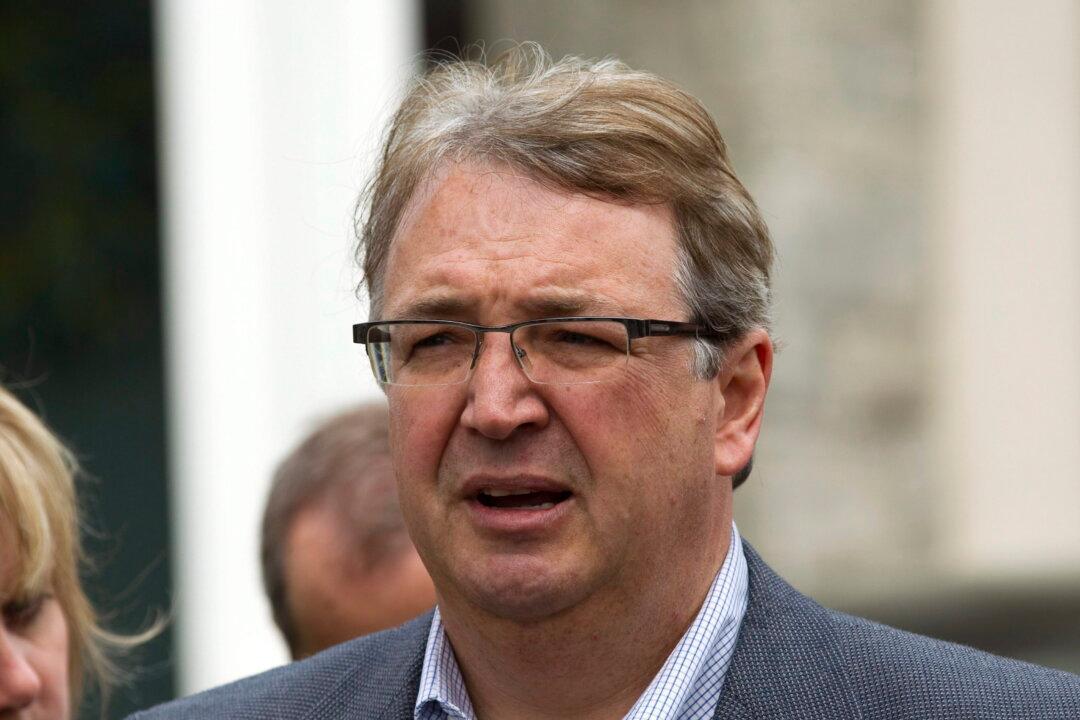A former Liberal MP said the federal government’s environmental program is built on an ideological bias that is “trying to dismantle” Canada’s economy, a House committee heard last week.
Dan McTeague, a former Liberal MP and president of the Canadians for Affordable Energy, told the Standing Committee on Industry, Science and Technology on May 6 that the federal government’s green economy recovery plan is piling more debt on Canadians, aggravating the economy downturn caused by the COVID-19 pandemic.





